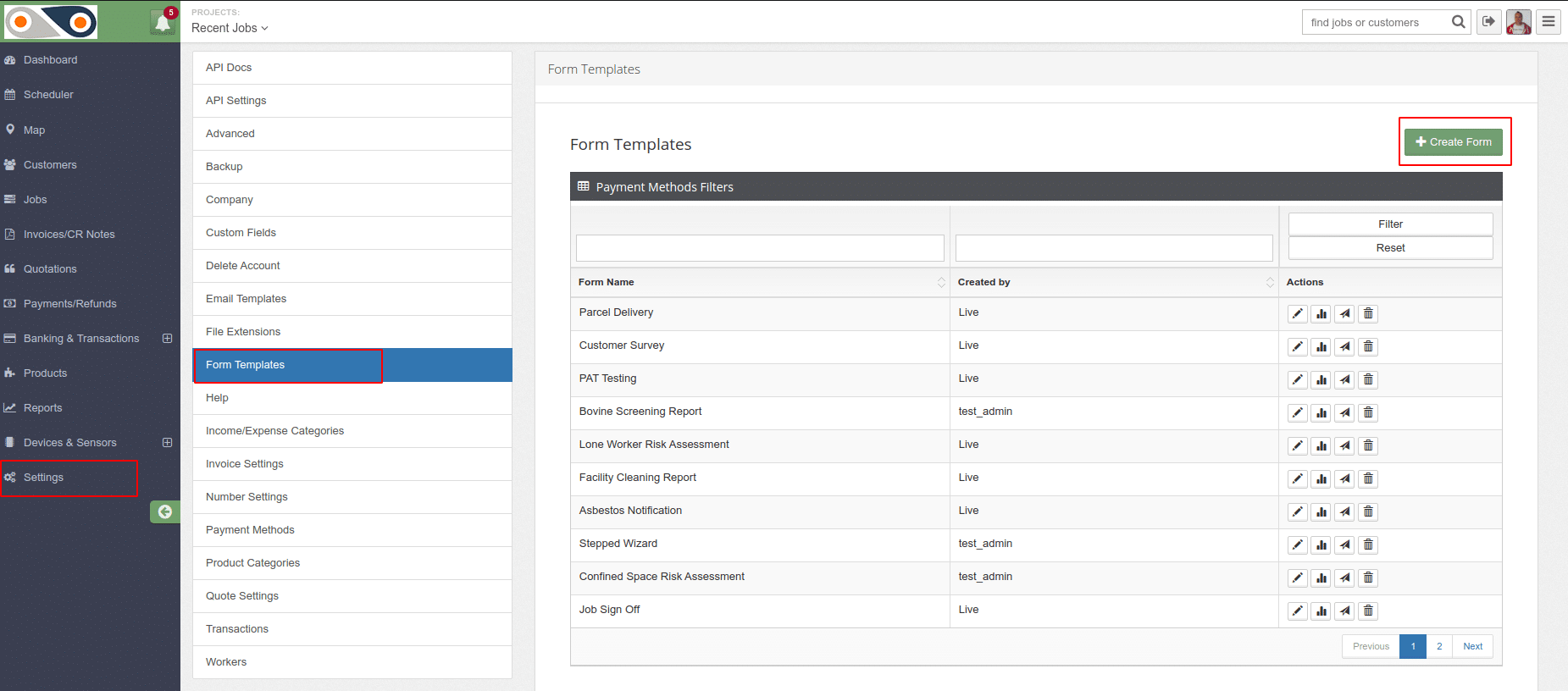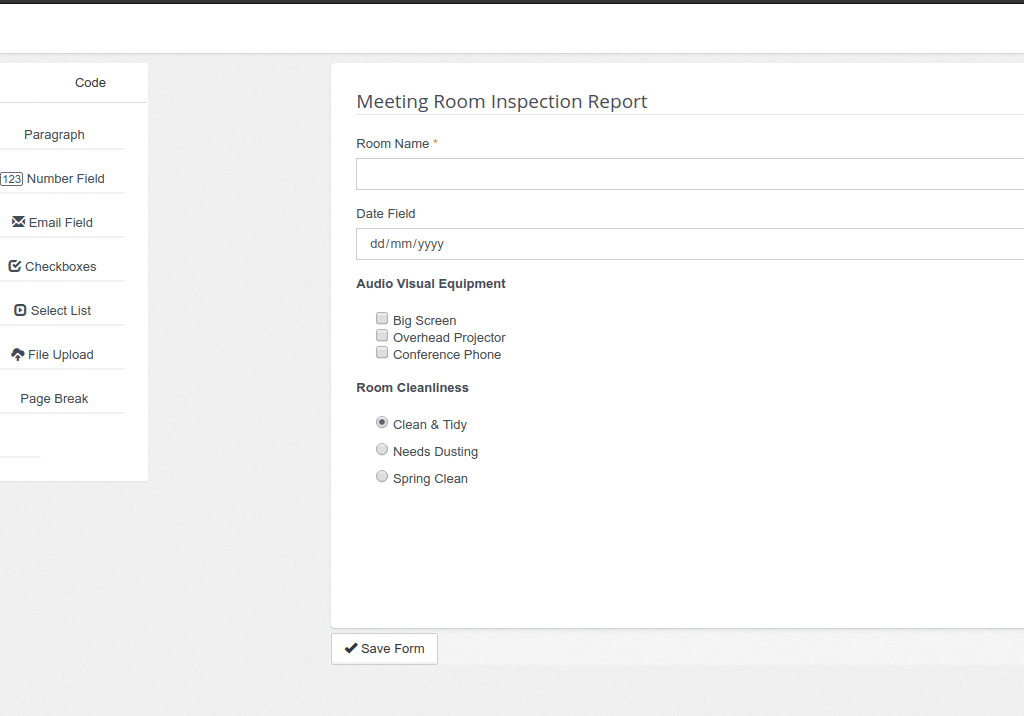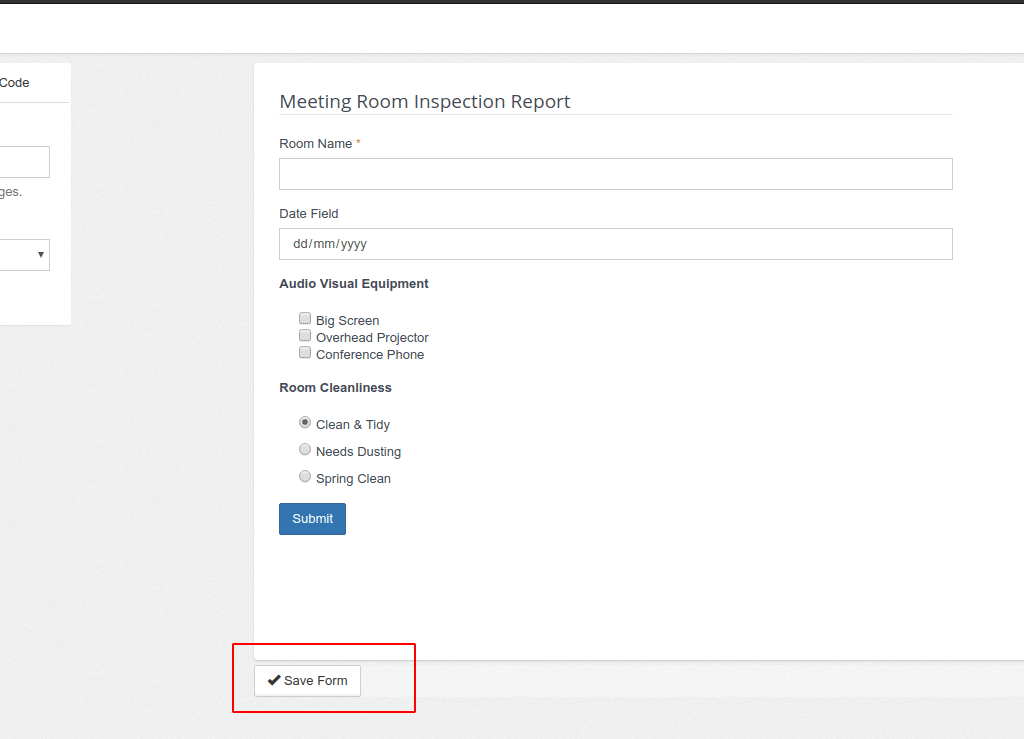Faced with growing competition, businesses continually need to find new innovative solutions and ideas to improved organizational performance, especially in various cut-throat industries where innovation and good management can make or break the company.
This is the reason why, businesses place greater emphasis on the evaluation of efficiency, effectiveness, and economics of its operations.
Conducting regular Operational Reviews are key to keeping your company at peak performance.
What is an Operational Review
An operational review is an in-depth and objective review of an entire organization or a specific segment of that organization. It can be used to identify and address existing concerns within your company such as communication issues between departments, problems with customer relations, operating procedures, lack of profitability issues, and other factors that affect the stability of the business.
Operational reviews allow the organization members to evaluate how well they are performing, given that they perform appropriately according to the procedures set by them, allocating their resources properly, and performing such tasks within time frame set and using cost-effective measures. More importantly, it also shows your company how well it is prepared to meet future challenges.
What are the objectives of an Operational Review
The goals of an operational review are to increase revenue, improve market share, and reduce cost.
An operational review allows the management to see their company in a different light i.e a larger perspective. That is, it gives the management the opportunity to evaluate if the entrusted resources were used wisely to achieve the desired results of operations.
Operational reviews provide a comprehensive assessment of authority in that they help define expectations, and empower people within an organization to enact? up on it. This is due feedback provided will help them to better gauge the value of tasks performed and whether the job is being done the right or wrong way, and on what areas the company can excel and improve on.
The whole is greater than the sum of its parts
Questions worth considering in an Operational Review
Are you able to view your own organization as a whole from an objective angle?
Do the different departments complement each other so that they form a cohesive unit that boosts your business in the right direction?
With our comprehensive assessment of your organization?s current systems, operations, processes, and strategies, our operational review programs aim to help you in achieving these lofty goals: to improve business profitability and identify incompetence in both operations and organizational systems.
Benefits of an Operational Review
The main objective of an operational review is to help organizations like yours to learn how to deal with and address issues, instead of simply reacting to the challenges brought about by growth and change.
Information and data gathered in an Operational Review is practical from both a financial and operational perspective. Using? data, management can then formulate recommendations, which are not only realistic, but more importantly, can help the organization achieve its goals.
The Operational Review recognizes the extent to which your internal controls actually work, and enables you to identify and understand your strengths, weaknesses, opportunities and threats.
What should be included in an operational review
- Assess compliance within your own organizational objectives, policies and procedures
- Evaluate specific company operations independently and objectively
- Impartial assessment regarding the effectiveness of an organization’s control systems
- Identify the appropriate standards for quantifying achievement of organizational objectives
- Evaluate the reliability and value of the company’s management data and reports
- Pinpoint problem areas and their underlying causes
- Identify opportunities to increase profit, augment revenue, and reduce costs without sacrificing the quality of the product or service.
More Operational Review Blogs
Carrying out an Operational Review
Operational Reviews
Operational Efficiency Initiatives
Operational Review Defined
Contact Us
- (+353)(0)1-443-3807 – IRL
- (+44)(0)20-7193-9751 – UK


